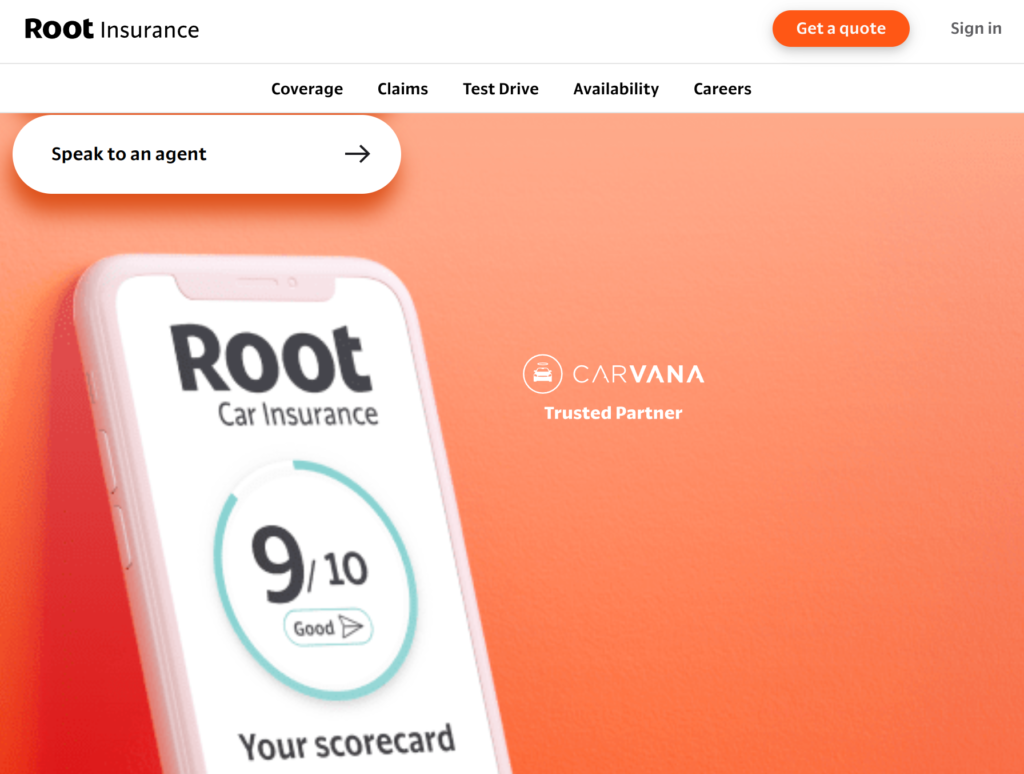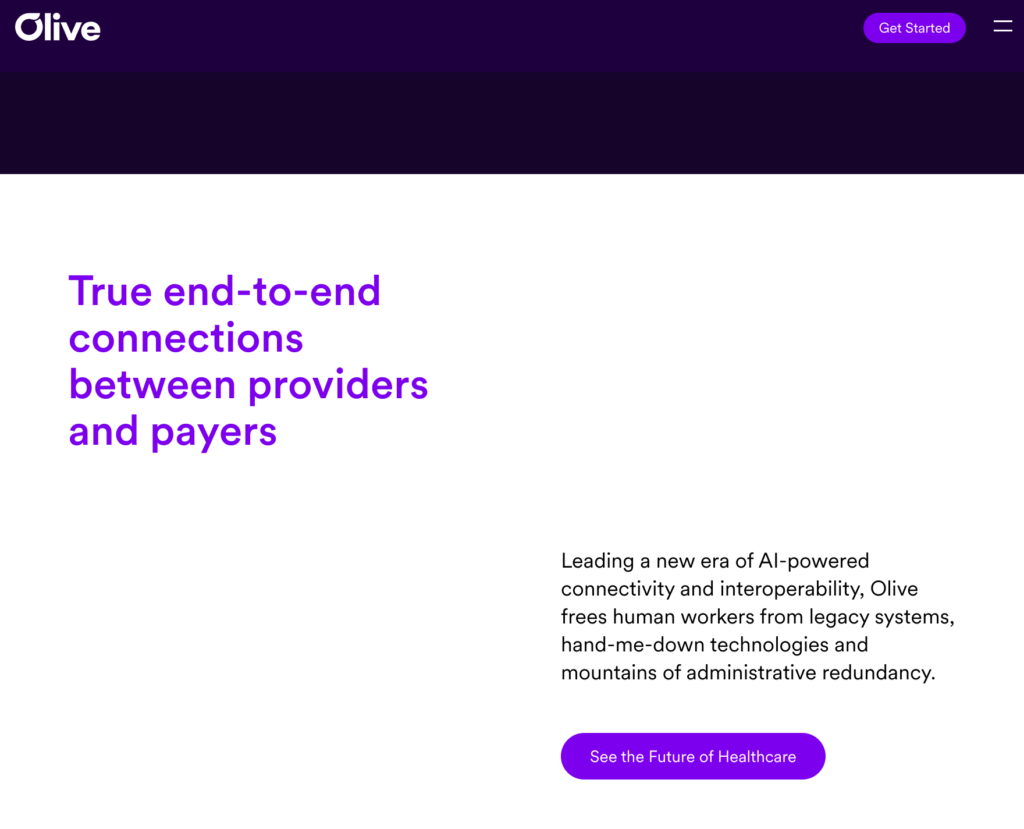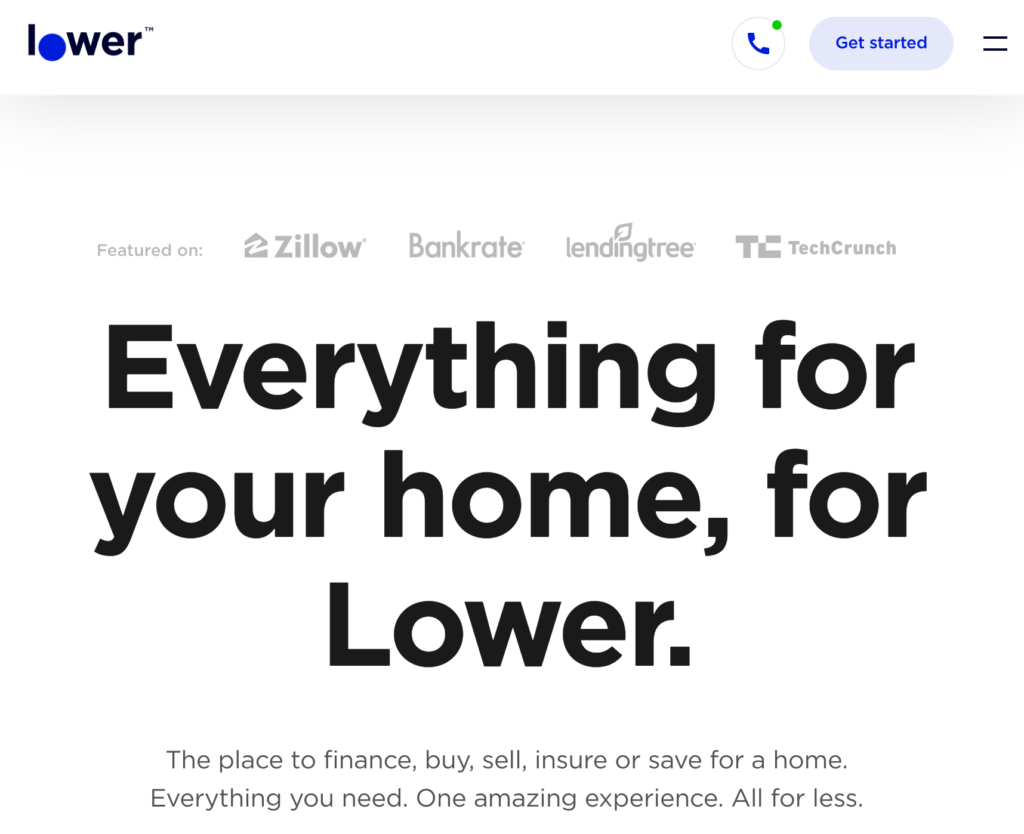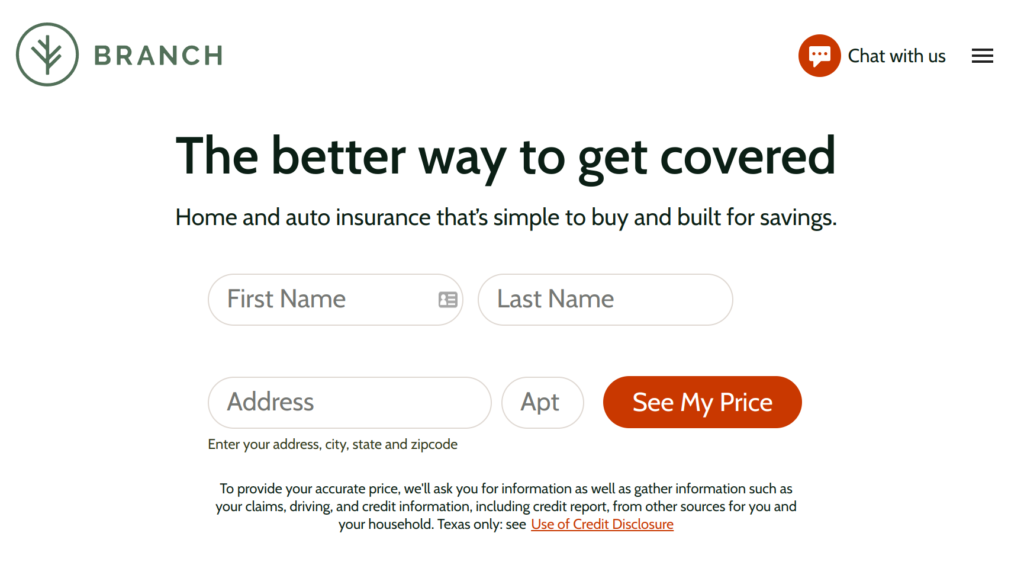To be included on this list, a company must meet 4 conditions:
- The company was founded during 2012-2022
- The company is headquartered in Ohio as of 2022
- The company reached a valuation/market cap of at least $1 billion at some point in the past
- The company is still operational and has not been acquired
These are the 5 startups that satisfy those conditions.
#1 Root (From $6.81 Billion to $118 Million)
Root is a insurtech company focusing on car, renters, and home insurance. The company was founded in 2015 and IPO’d in 2020 under the ticker NASDAQ: ROOT. However, the company’s performance since IPO has been horrible. On IPO day, the company was valued at around $6.81 billion, but the market cap has since fallen dramatically to just $118 million — just 1.7% of its IPO value!

| Headquarters Location | Columbus |
| Website | joinroot.com |
| Year Founded | 2015 |
| Founders | – Alex Timm – Dan Manges |
| Last Valuation | $118 Million (Nov 2022) |
| Total Amount Raised | >$1 Billion |
#2 Olive ($4 Billion)
Olive is a healthcare automation startup that pivoted 27 times before finding product market fit, according to founder and CEO Sean Lane in June, 2022. He might have spoken too soon though as the company laid off 450 employees in mid-July due to economic conditions and a strategy “misstep” according to Sean. In September, the company also lost its CFO (chief financial officer), CPO (chief product officer), and President of Health Insurer Markets.
However, the company is not dead yet. Its enterprise AI is reportedly still used in more than 900 hospitals in over 40 U.S. states.

Investors include Vista Equity Partners, Base10 Partners Advancement Initiative, Drive Capital.
| Headquarters Location | Columbus |
| Website | oliveai.com |
| Year Founded | 2012 |
| Founders | Sean Lane |
| Last Valuation | $4 Billion (July 2021) |
| Total Amount Raised | $902 Million |
#3 Lower.com ($3 Billion)
This company was initially founded in 2013 as a mortgage company named Homeside Financial based out of two offices in Easton (near Columbus, Ohio) and Columbia, Maryland. The goal of Homeside was to be a platform to make mortgages and refinancing easy. The company grew from 10 people to 450 people over a few years, became a top 50 lender by 2017, but then hit something of a plateau in 2018. Dan Snyder and his cofounders of Homeside didn’t really see a path forward, only a path to maintain.

Eventually, Dan decided (on advice of a leadership coach) that the problem was a lack of vision and sense of purpose, and that the way forward was to start writing. By late 2018, he had come to the conclusion that he wanted to build the next generation of mortgage tools using better technology that was designed to scale and get VC funding. He pitched his cofounders. Some liked it. Some didn’t. But by early 2019, the Lower brand launched with the rallying mission of democratizing home ownership. Lower competes with big names like SoFi and Rocket Mortgage, but by 2021, things were looking good for the company. It raised an impressive $100 million in a Series A round from Accel. However, then it bought the naming rights for the Columbus Crew’s new 20,000-seat stadium “Lower.com Field” for $3-4 million. For Axiom Alpha subscribers, this should set off alarm bells.
By October, 2022, the company had laid off an unknown number of employees, blaming conditions created by the Fed’s interest rate hikes. Perhaps Dan should have taken his own advice though from May 2022 when he gave a speech reflecting on how he originally blamed everyone but himself for the his company’s plateau in 2018. If he’d read my article on the economics of stadium names, he might instead be blaming (at least in part) his poor capital allocation strategy.
| Headquarters Location | New Albany (Columbus metro area) |
| Website | lower.com |
| Year Founded | 2013 |
| Founders | – Dan Snyder – Mike Baynes |
| Last Valuation | $3 Billion (estimated) |
| Total Amount Raised | $100 Million |
According to cbinsights, the company reported $300 million in revenue for 2020. Then the mortgage market heated up significantly before the startup raised $100 million in a Series A round in June 2021. Supposedly, Lower.com was even profitable. Given those conditions and the crazy valuations that startups were achieving at the time, it seems very likely that the company was valued somewhere in the range of $1-5 billion. Many public high growth companies traded at over 10x revenue during 2021 which makes a valuation of at least $3 billion very plausible.
#4 80 Acres Farms ($1.2 Billion)
80 Acres Farms is an indoor vertical farming startup. The company reportedly uses 97% less water than traditional farming and is powered by renewable energy. Customers include over 600 retail and food service locations including 316 Kroger stores as well as some Whole Food stores. Additionally, the company sells to distributors such as Sysco and US Foods.

Investors include General Atlantic, Siemens Financial Services, Blue Earth (formerly PG Impact Investments), Barclays, and Taurus.
| Headquarters Location | Hamilton |
| Website | 80acresfarms.com |
| Year Founded | 2015 |
| Founders | – Mike Zelkind – Tisha Livingston |
| Last Valuation | $1.2 Billion (estimated – see comment below) |
| Total Amount Raised | $250 Million (as of August 2021, close of Series B round) |
Valuation Estimate: Neither the company nor its investors have disclosed the latest valuation, so we have to estimate. In May 2021, a competitor company (Bowery Farming) raised $300 million at a $2.3 billion valuation. Bowery Farming was, like 80 Acres, founded in 2015. Given the similarity between the companies and the fact that markets (and valuations) generally went up from May to August of 2021, we might assume that the valuation of 80 Acres was at least proportional to Bowery. That means that the $160 million August 2021 Series B round would have valued 80 Acres at (160/300)*$2.3 billion = $1.23 billion. That is very plausibly consistent with the $250 million of total fundraising and with 2021 valuation multiples. It’s also consistent with the fact that another competitor (AppHarvest) went public via SPAC in February 2021 at $1.5 billion despite having only been founded in 2017. Although now, the market cap of AppHarvest has fallen to just $127 million.
#5 Branch ($1.05 Billion)
Branch is an insurtech company offering bundled home and auto insurance. The startup differentiates its distribution model by offering insurance-via-API so that other companies such as mortgage companies or security system providers can integrate insurance at the point of sale of their own products. For example, if a person is closing on a home purchase, they have the option of purchasing Branch insurance at the same time. Current distribution partners include Homepoint, OpenRoad Lending, and SimpliSafe. However, the company also offers its insurance direct-to-consumer and through traditional agencies.

The latest Series C fundraising round in June 2022 was led by Weatherford Capital, a family-owned private investment firm. Other Branch investors include Acrew, American Family Ventures, Anthemis, Gaingels, Greycroft, HSCM Ventures, Narya, SignalFire, and Tower IV.
| Headquarters Location | Columbus |
| Website | ourbranch.com |
| Year Founded | 2017 |
| Founders | – Steve Lekas – Joseph Emison |
| Last Valuation | $1.05 Billion (June 2022) |
| Total Amount Raised | $229.5 Million |
Bonus: Forge Biologics
Forge Biologics is a gene therapy startup that raised a $90 million Series C round in September, 2022. The company has not released a public valuation and likely has not reached unicorn status, but it is a very interesting startup that has continued to see strong growth in 2022 while many other startups have faltered. For that reason, I include it as a bonus on this list.

Investors include Drive Capital, Aisling Capital, Octagon Capital Advisors, Perceptive Advisors, RA Capital Management, Mashall Wace, Surveyor Capital, and MidCap Financial.
| Headquarters Location | Grove City |
| Website | forgebiologics.com |
| Year Founded | 2020 |
| Founders | – Erandi De Silva – Jaysson Eicholtz – Timothy Miller |
| Last Valuation | raised $90M series C in sept 12, 2022 |
| Total Amount Raised | $330 Million |
Bonus 2: Path Robotics
Path Robotics is a manufacturing automation company focused on welding robots but with aspirations to also get into many other aspects of construction. There is no public valuation information on the company, and it’s very likely that the company has not reached unicorn status. However, it is a company with a strong technical team of founders, a huge TAM (not just welding but also physical labor more generally), and a good business model (robots-as-a-service) so I include it as a bonus on this list.
The company’s robots-as-a-service model means that customers do not have any capex to deploy robots but can instead pay as they go. This derisks the deployment of new robotic labor for customer companies while also boosting total long term and recurring revenue for Path Robotics.
Investors include Silicon Valley Bank, Tiger Global, Drive Capital, Basis Set, Lemnos Lab, Addition, Xplorer Capital, and Eudaimonia.
Patents:
- US Patent 11407110 — Real time feedback and dynamic adjustment for welding robots
- US Patent 10551179 — Reflection refuting laser scanner
- US Patent 11209264 — Reflection refuting laser scanner
| Headquarters Location | Columbus |
| Website | path-robotics.com |
| Year Founded | 2018 |
| Founders | – Andy Lonsberry (brother) – Alex Lonsberry (brother) – Ken Lonsberry (father) – Matt Klein |
| Last Valuation | ?? (Series C in July 2021) |
| Total Amount Raised | $171 Million (as of July 2021) |